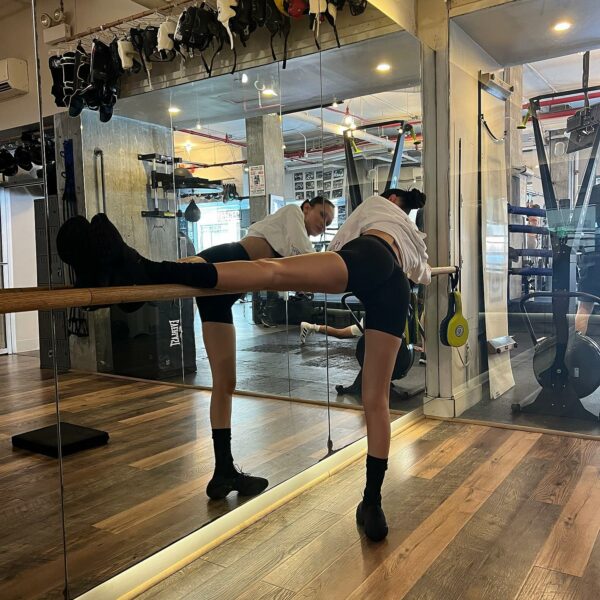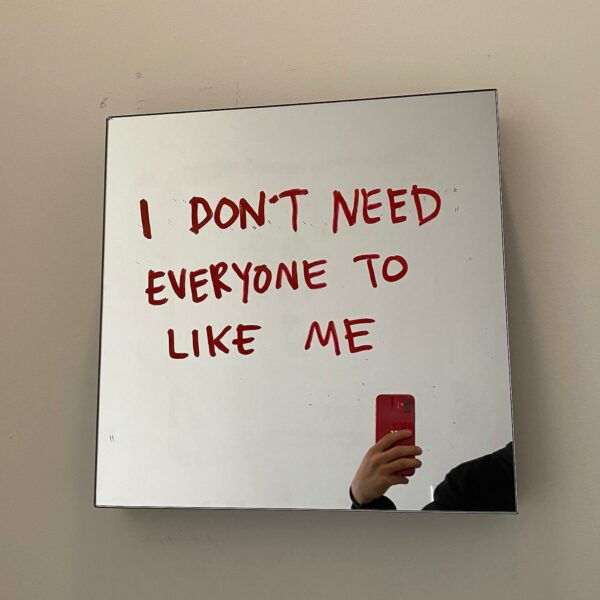It’s easy to say something triggers us. “Triggered” is essentially a hashtag when it comes to our generation of colloquialisms these days, and it’s true, many things are triggering, especially with the widespread dispersal of information via social media. But not everyone is triggered by the same things. We are all shaped by our own emotional responses and past traumas.
Erica Spiegelman is an author, therapist, and addiction and wellness specialist who is familiar with how triggers work, including her own. She shared with us that learning to identify your triggers is an important skill, and even a tool to manage your emotional well-being. Understanding what can set us off into an unproductive spiral can help to eliminate what doesn’t serve us or allow us to be our best.
The hardest part is maintaining awareness when we find ourselves in the midst of an emotional episode. These emotional responses can be incredibly physical, such as shortness of breath, panic attacks, nausea or indigestion, sweating, and more. Spiegelman tells us to “try and notice when you are triggered by paying attention to when you feel a flooding of emotion and identify where you feel it in your body. For example, when someone triggers me, I usually feel it in my throat area.”
Spiegelman’s reaction is a lump in her throat, a typical but sometimes debilitating emotional response. “When most people feel triggered, they feel it in their stomach, throat, sweaty palms, or racing heart, or they may have trouble breathing. Identifying where in your body helps you recognize that you are triggered, and we then can begin to deal with it.”
It’s a practice of mindfulness. Spiegelman encourages us to pause at the first feeling of sadness or anger and take five deep breaths as best we can, in through our nose, and out of our mouth. If we can, we should walk away from what we were doing, if only for a moment. “That way, we have time to gather our thoughts and decide how to proceed with this new information.” We have to thoughtfully communicate our way out of the response, even if that communication is within ourselves.
It’s not possible to avoid every situation that may emotionally trigger us, and that’s not the goal. We want to be aware of our triggers so that we can be emotionally sound in the face of real-life issues in the future, and to work through the issues, learn, and heal. Recognition is important to take actionable steps and develop our intuition. If we only learn to avoid triggers instead of acknowledging them, we will end up avoiding the real issues that trigger us, which becomes unhealthy suppression.
The goal is to protect our mental health, garner strength, and navigate through the muck of life with minimal collateral damage. We must protect our energy at all costs in order to be the best, most powerful, and productive version of ourselves, so we can serve our own joy and others.
The content provided in this article is provided for information purposes only and is not a substitute for professional advice and consultation, including professional medical advice and consultation; it is provided with the understanding that Poosh, LLC (“Poosh”) is not engaged in the provision or rendering of medical advice or services. The opinions and content included in the article are the views of the interviewee only, and Poosh does not endorse or recommend any such content or information, or any product or service mentioned in the article. You understand and agree that Poosh shall not be liable for any claim, loss, or damage arising out of the use of, or reliance upon any content or information in the article.
Up next, be the first to know our weekly content and sign up for our Poosh newsletter.





































